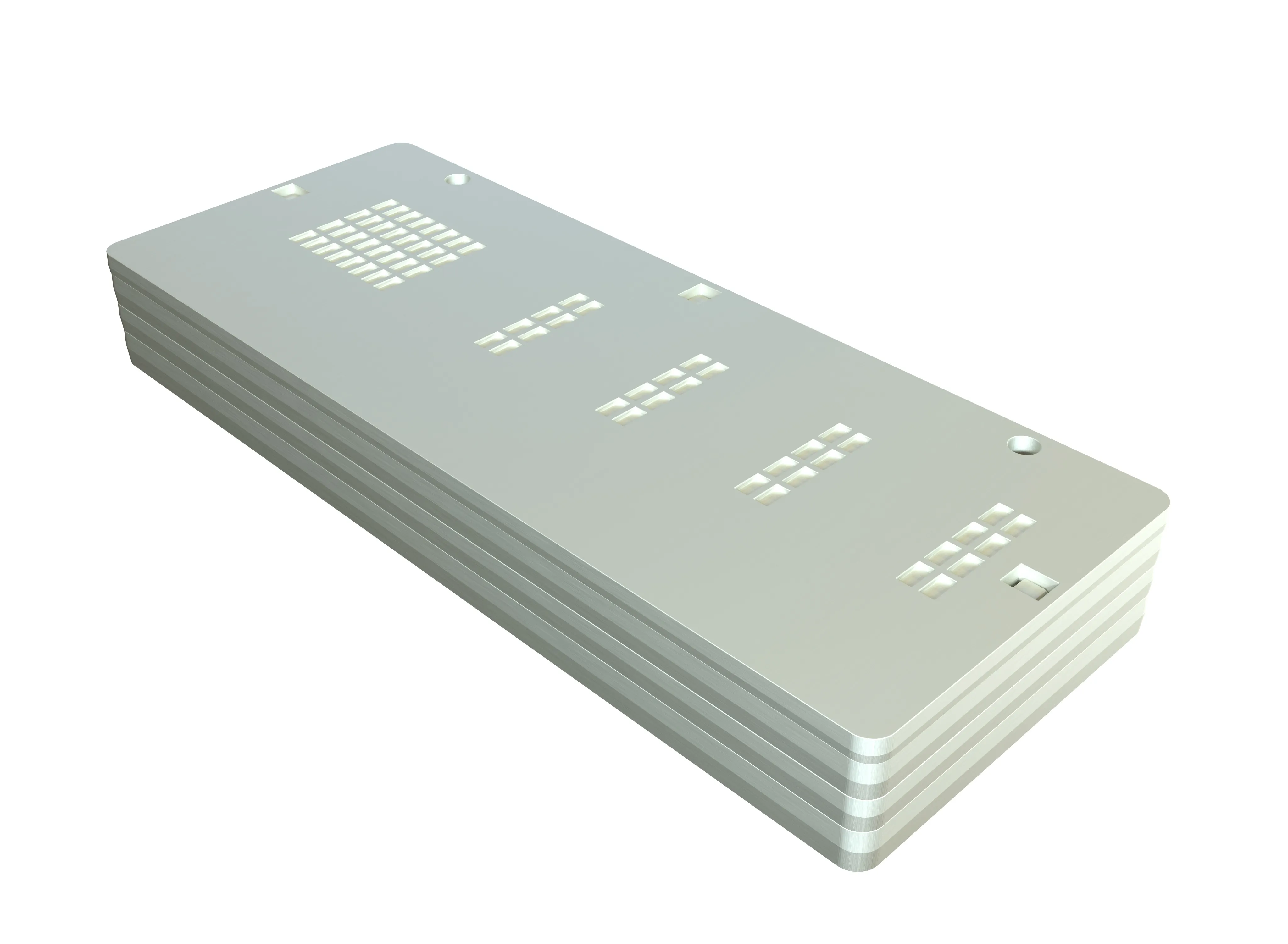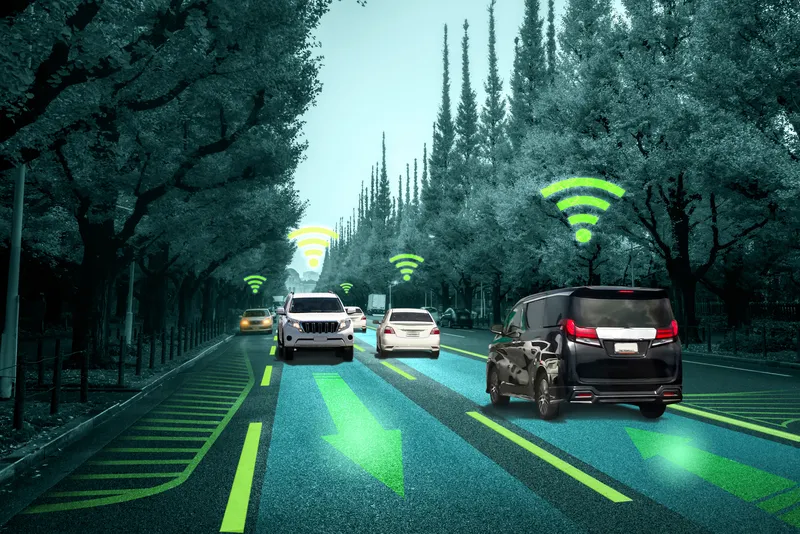World's largest automotive supplier wants 3D antenna tech for automated driving systems
By Adam Hill
September 5, 2022
Read time: 1 min

Bosch, the world's largest automotive supplier, has awarded Huber + Suhner a contract to manufacture and supply radar antennas for automated driving.
The antennas are used in radar sensors for assisted and automated driving, a vital plank of mapping a vehicle's surroundings for safe operation.
Huber + Suhner says its 3D antenna technology, based on metallised plastic, "plays a decisive role in ensuring that driver assistance systems can detect the position, relative speed and direction of movement of other road users and objects from a long distance and even at high speeds with the utmost reliability".
The company says it can offer Bosch everything from one source, from engineering to series production.








